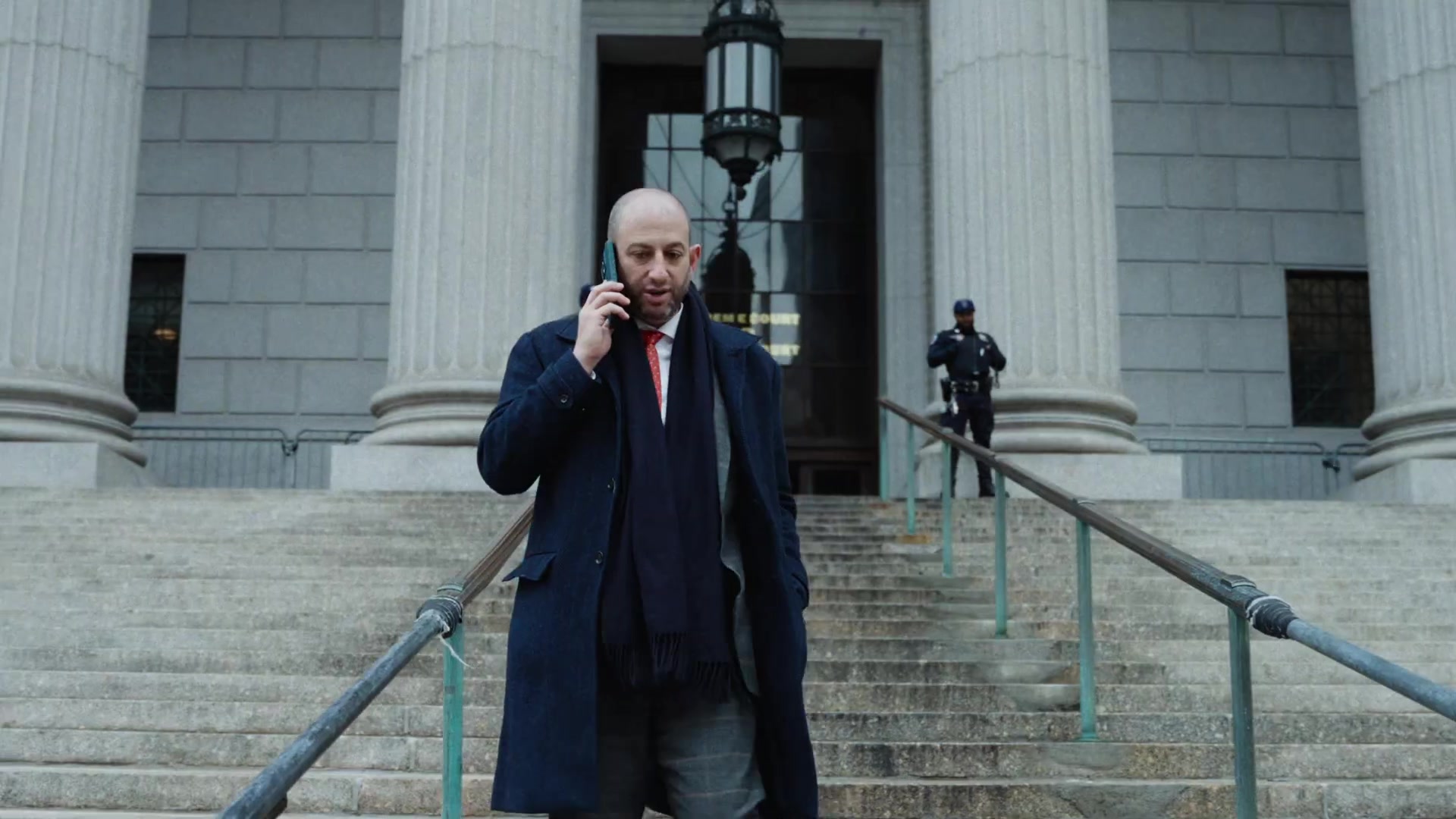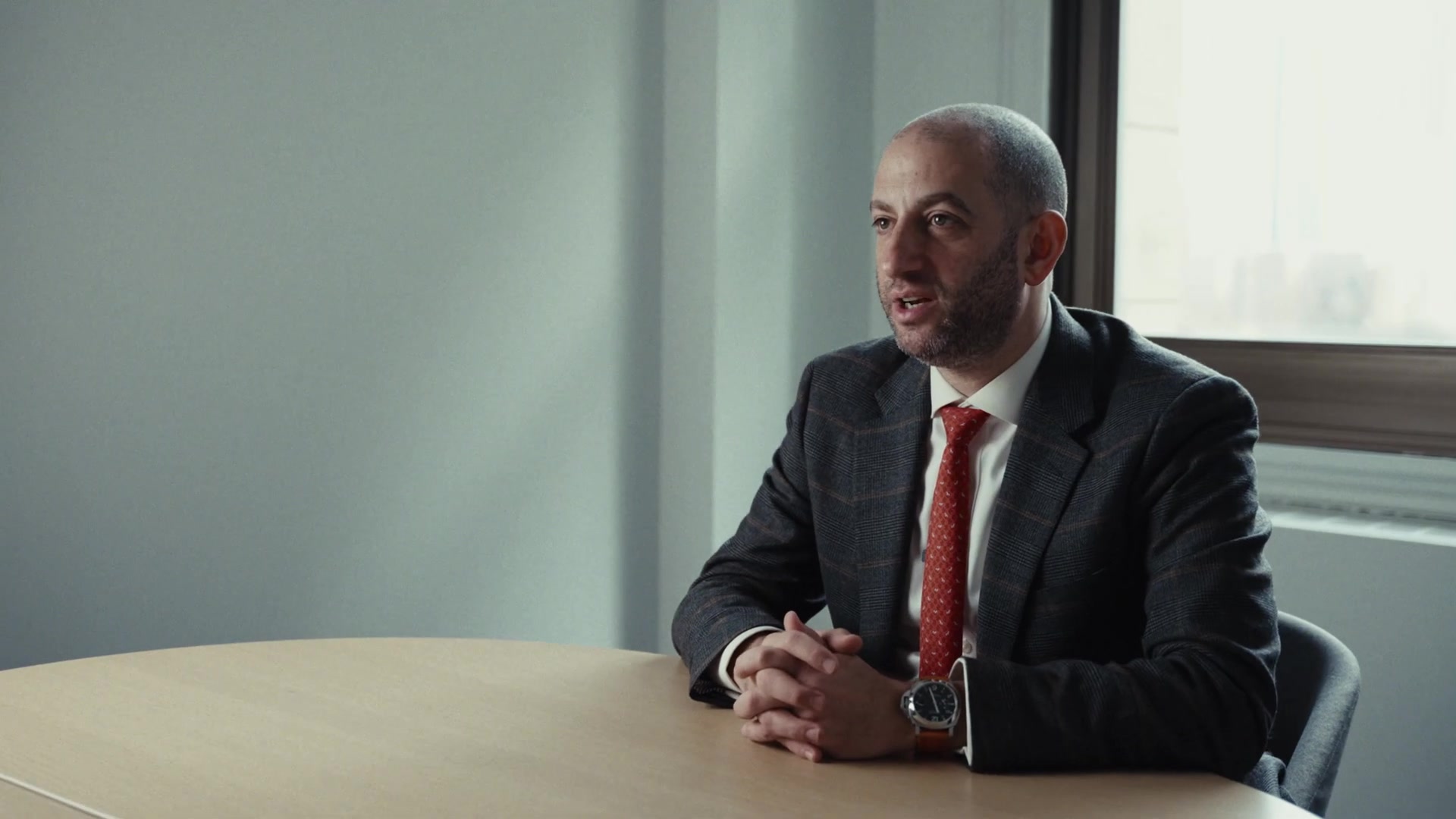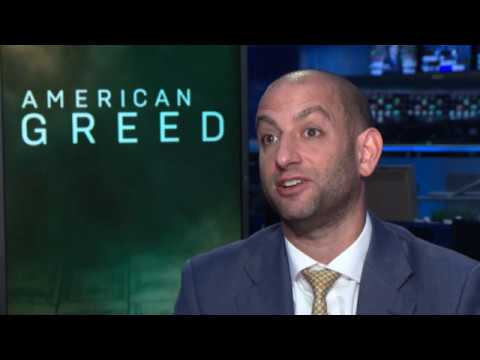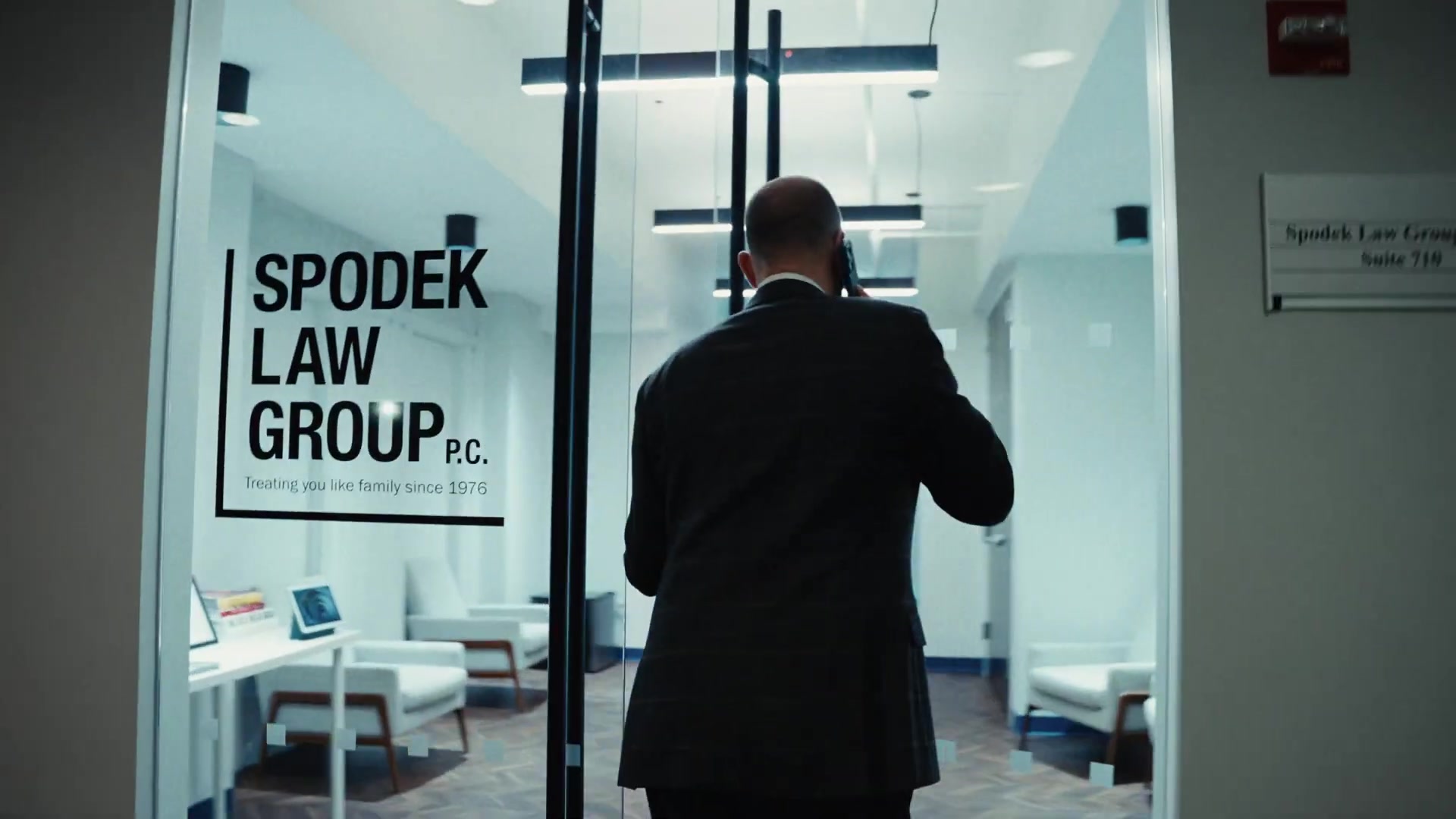

AGGRESSIVE CRIMINAL DEFENSE
PROVEN RESULTS.
Prominently Featured In




 FOX NEWS
NY POST
CBS NEWS
FOX NEWS
NY POST
CBS NEWS




 FOX NEWS
NY POST
CBS NEWS
FOX NEWS
NY POST
CBS NEWS




 FOX NEWS
NY POST
CBS NEWS
FOX NEWS
NY POST
CBS NEWS
Watch Our Story
See Why Clients Trust Us
Learn about our approach to criminal defense and why thousands of clients have trusted Spodek Law Group with their most important legal matters.

Treating You Like Family Since 1976
For nearly 50 years, Spodek Law Group has been a pillar of the legal community nationwide. Our second-generation attorneys carry forward a legacy of fierce advocacy and personal attention to every client.
— Spodek Law Group

Cases Others Deemed Unwinnable
Todd Spodek's defense of Anna Delvey became a Netflix sensation in "Inventing Anna." We don't shy away from difficult cases — we embrace them.
— Spodek Law Group

As Seen On Major Networks
Todd Spodek is regularly featured on Fox News, CNN, NBC, and Bloomberg as a trusted voice on criminal law, white-collar crime, and legal strategy.
— Spodek Law Group

White-Glove Service
Unlike firms that take any case, we're selective about who we represent. This means when we take your case, you get our full attention, resources, and commitment.
— Spodek Law Group

"When your freedom is on the line, you need attorneys who fight like your life depends on it — because it does."Todd Spodek
Client Testimonials
What Our Clients Say



As Featured In
The Press.
Todd Spodek's high-profile cases have made headlines across major media outlets, establishing him as one of the nation's most recognized criminal defense attorneys.
 Fox News -- Federal Case Commentary
Fox News -- Federal Case Commentary
 New York Post
New York Post
 CBS News -- Case Commentary
CBS News -- Case Commentary
 Netflix -- Inventing Anna
Netflix -- Inventing Anna
 Anna Sorokin Trial Coverage
Anna Sorokin Trial Coverage
 The Spectator -- Published Columnist
The Spectator -- Published Columnist
 German Heiress Case
German Heiress Case

Proven Track Record
Case Results
Our attorneys have achieved exceptional outcomes for clients facing serious criminal charges.
Charges Dismissed
Federal Wire Fraud
Not Guilty
Grand Larceny
Charges Dismissed
Drug Trafficking
Charges Dropped
Assault First Degree
Acquitted
Securities Fraud
Dismissed
DUI / DWI
Criminal Defense

Treating You Like Family Since 1976: America's Premier Federal Criminal Defense Firm
Over 50 Years of Combined Experience Defending Your Freedom
We Take On Cases Others Won't Touch — And We Win.
At Spodek Law Group, we understand that facing criminal charges is one of the most frightening experiences anyone can go through. Since 1976, our team — led by Todd Spodek — has been providing world-class federal criminal defense representation nationwide.
Whether you're facing federal fraud charges, a DUI/DWI, or violent crime allegations, we bring the same level of dedication, strategic thinking, and aggressive advocacy to every case.
Unlike large corporate law firms, we treat every client like family. You'll have direct access to your attorney, receive regular case updates, and always know where things stand. We limit the number of cases we take so we can give each client our undivided attention.
Exclusive Media Interviews
Todd Spodek: Voice of Legal Excellence
Featured Legal Expert on Major Networks

Todd Spodek is regularly called upon by major news networks to provide expert legal commentary on high-profile criminal cases, federal investigations, and legal strategy.

Todd Spodek Featured Interview
Criminal defense attorney Todd Spodek discusses the Sean "Diddy" Combs federal case, the $12M Ponzi scheme victory, and federal defense strategy with major network anchors.

Are You Garbage Goes to Court
Todd Spodek joins the "Are You Garbage" podcast to discuss wild courtroom stories, celebrity clients including the Anna Delvey and R. Kelly cases, and what really goes on behind the scenes in federal court.
More Appearances & Interviews







